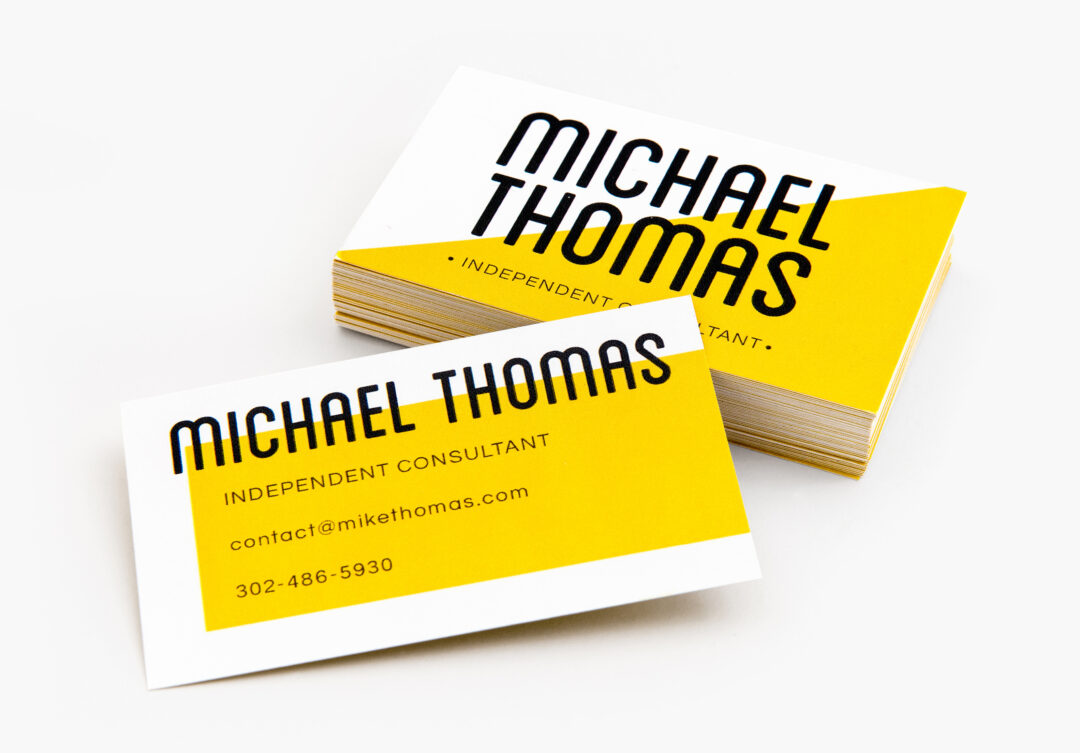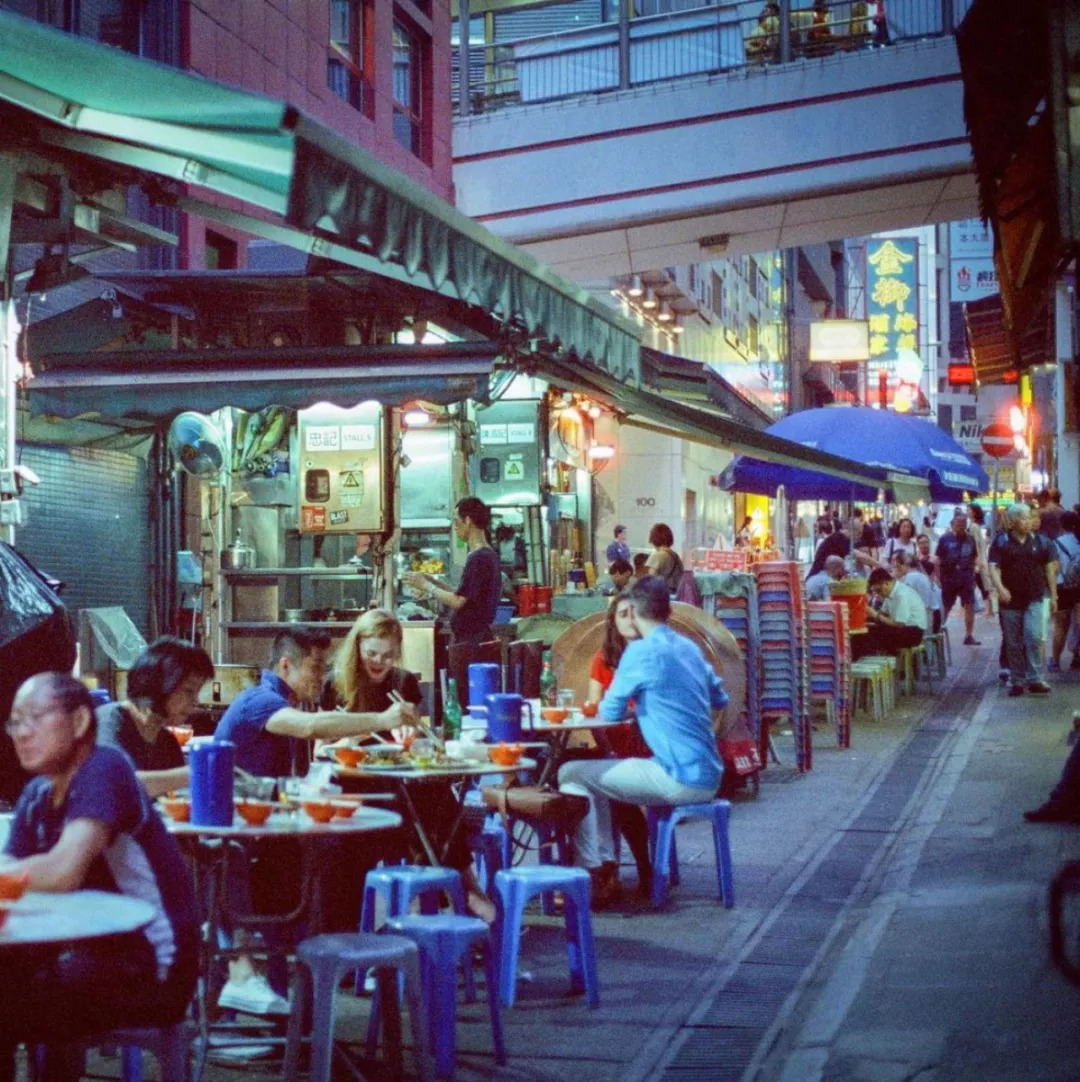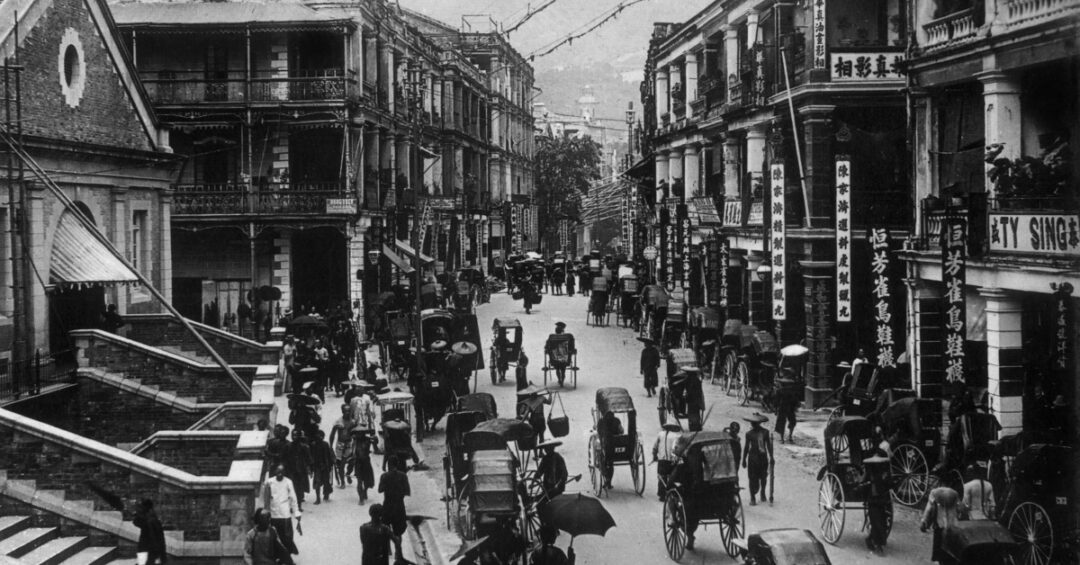Dressing Requirements
Although the dress code for business people can be formal or trendy and casual, locals usually wear suits and ties, dress formally and prefer neat, clean and solid colours. Dressing formally is considered important for the first impression. Dressing well and looking good can help build a good business reputation. Business people rarely wear colourful patterned clothes and ostentatious designs and are more interested in branding and accessories such as briefcases, watches and eyewear.
Business people usually wear thin, breathable clothing in the hot summer months and thicker materials when the weather cools down. Typhoons are also common in Hong Kong and it is advisable to carry an umbrella during the windy season.

Business cards
Business cards are very common in Hong Kong as a means of communication when socialising. After exchanging business cards, it is common to shake hands. The handshake should not be too firm, nor should it be too light. The card should be received with both hands, and the card should be read as a sign of respect. The card should be in good condition, with no wrinkles or stains. ( It is common for people in higher positions or in the financial, real estate and insurance industries to have business cards. Ordinary staff seldom use business cards, and a simple self-introduction will suffice.)
Business cards should contain both English and Chinese characters (Traditional Chinese for Hong Kong). You can have English on one side and Chinese on the other, or be bilingual. Therefore, you should translate your business card into both languages and make sure that the grammar is accurate and professional. It is important to include information such as job title, as qualifications are very important in Hong Kong.

Meetings and Business Negotiations
Initial meetings are usually made through intermediaries and other social connections. The initial meeting is usually of a social nature, perhaps over lunch or dinner in a formal restaurant. It is inevitable that a few drinks will be consumed during the meeting, this is a common way of socialising and showing respect for a potential business partner. Meetings begin with small talk rather than a rush to business. If the first meeting goes well, there will be an opportunity for a second business meeting in the office.ead as a sign of respect. The card should be in good condition, with no wrinkles or stains.
Business matters should be presented in terms of facts and figures, especially short and long term growth trends. Even if things don’t work out in the end, or don’t go as planned, any negotiations should be conducted with patience and diplomacy. It is not advisable to be too aggressive, but rather to proceed in a logical and gradual manner.
If the person in a higher position or the host does not immediately extend his or her hand – often out of gender-conceptual hesitation – the person in a lower position or the guest should offer his or her hand. In any case, a handshake is required. The etiquette of a business meeting is to shake hands. If you want to be taken seriously, you must shake hands, and shake hands appropriately.

Time Management
Punctuality is very important in Hong Kong’s business culture and being late is often considered unprofessional. If a late arrival at a meeting is unavoidable, it is important to inform the other party in advance and apologise upon arrival. If it is impossible to attend a business event or meeting, make sure to reschedule. Simply refusing will be considered impolite.
The so-called “deadlines” are not necessarily irrevocable, as long as you do your best to complete something, there is room for renegotiation. It is also important not to organise meetings on holidays such as Christmas, Chinese New Year and Valentine’s Day as these are considered private time and should not be used for business meetings.

Respect for seniors
In Hong Kong, seniority and business rank are highly valued. In a group, you greet the person at the top of the hierarchy first, and then you are seated in an orderly fashion. Seating order also depends on the rank of the person and it is important to sit in the right seat. Seniors have certain priorities, for example, they usually speak first, chair a meeting or lead a business meeting, and are treated differently depending on their title and rank.

Business Gifts
Business gifts are often given to business partners and contacts. Gifts are also exchanged on festive occasions such as Chinese New Year, Christmas or birthdays.
In choosing a gift, remember that the brand is important, the gift should come in a paper bag of that brand and, the gift should be elegantly wrapped. Do not give personal gifts such as handkerchiefs, perfumes or scarves as these are considered too personal, and avoid clocks or sharp objects as it is considered bad luck to give clocks or sharp blades. Common gifts that can be exchanged include alcohol, branded chocolates, flowers, decorative vases or paintings, and festive foods such as mooncakes or pastries. Please do not open your gift immediately in front of the person who gave it to you, as this is considered impolite.
Besides, civil servants are not allowed to receive or give gifts, otherwise, they will be regarded as bribery and be held criminally liable.

(Above images are from Google Images. )


